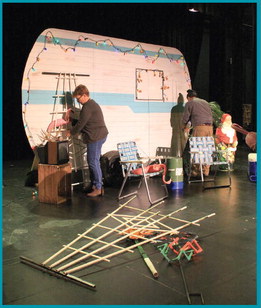That small town touch


Spencer’s Tack Center team goes extra mile to make shows special
At about a minute before 2 o’clock on a mild winter Sunday afternoon in Spencer, t...


Spencer’s Tack Center team goes extra mile to make shows special
At about a minute before 2 o’clock on a mild winter Sunday afternoon in Spencer, t...